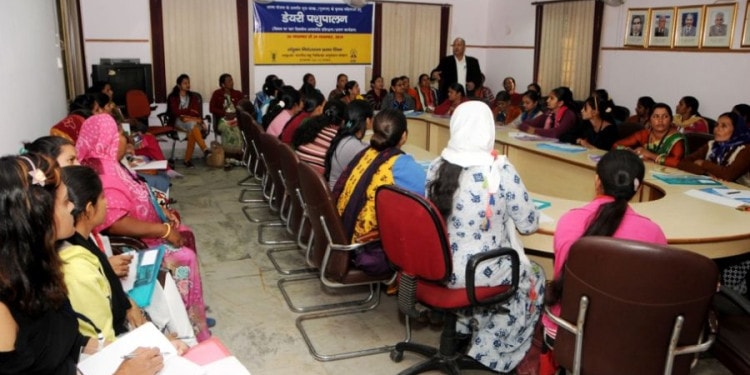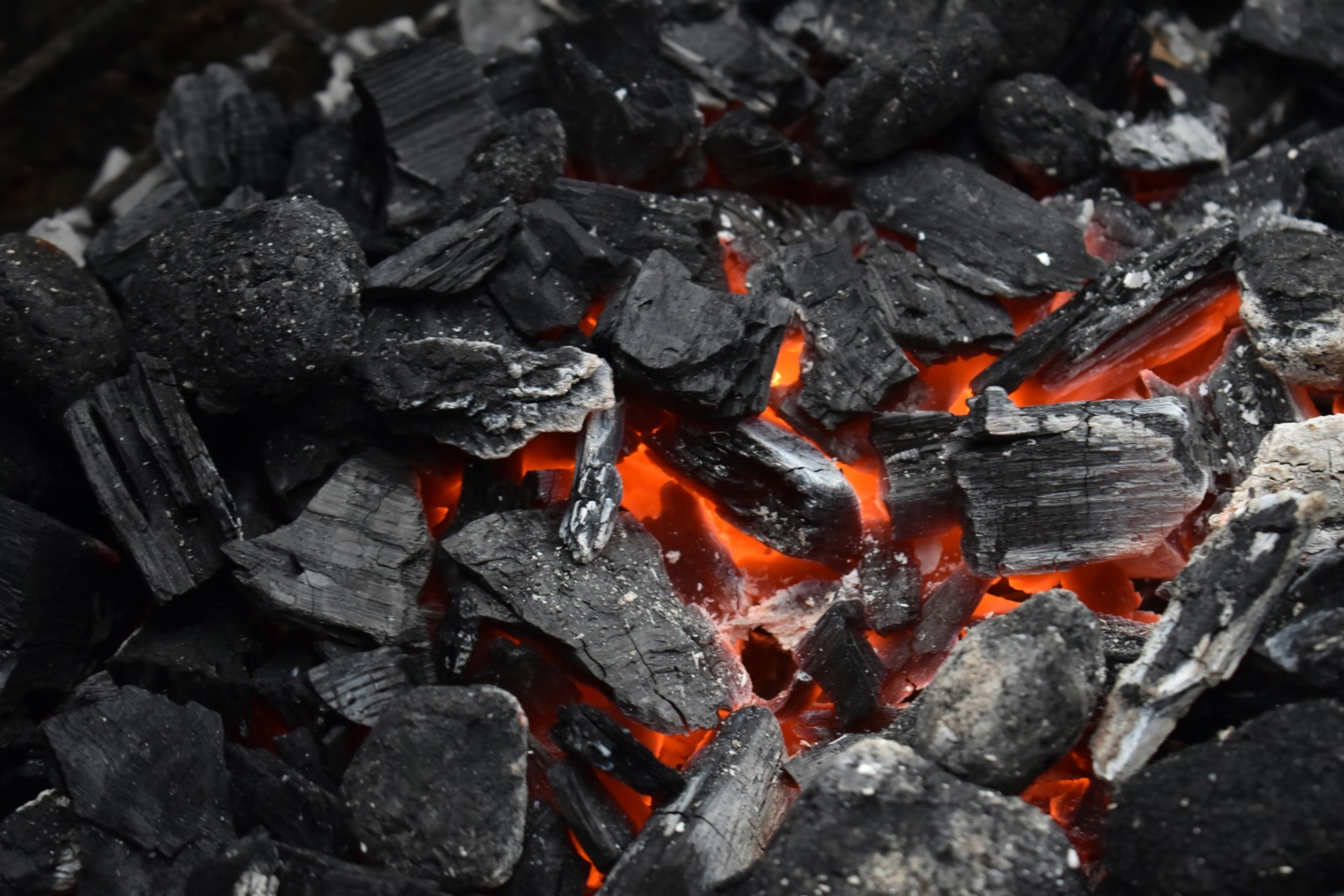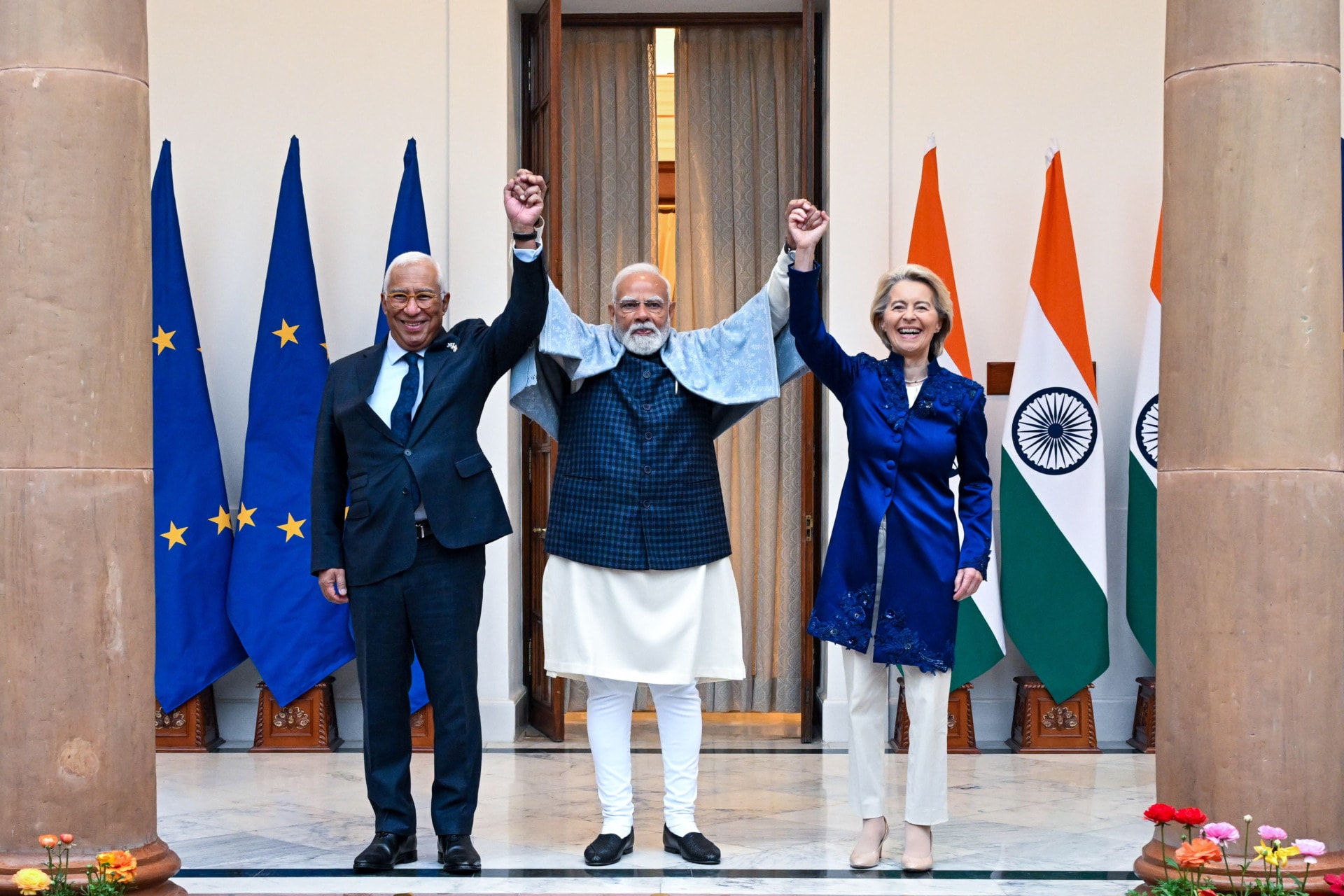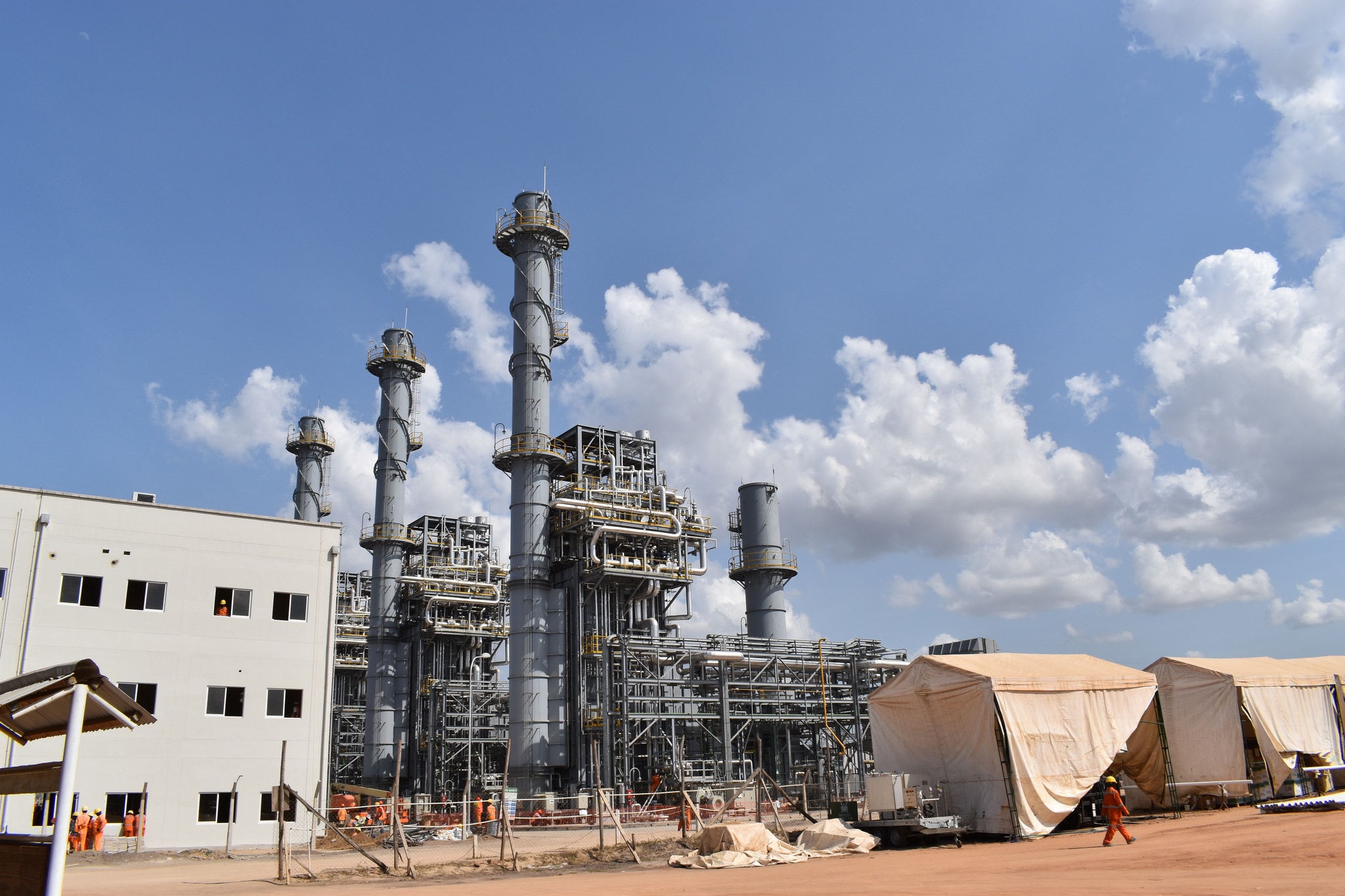Over the years, I have been attending meetings, capacity building programmes, and input or asset distribution schemes for farmers at various platforms. Invariably, in all forms of programmes we continually find that women are largely missing, unless these programmes are solely for women. Due to this inequality, we have been trying to reverse the situation at ICAR- Indian Veterinary Research Institute.
We have been making efforts to link women formally with the developmental initiatives our institute is undertaking. We cannot ignore the fact if India wants to achieve a second Green Revolution, it is imperative we focus on our country’s women farmers. I wrote earlier about my institute, wherein I talked mostly of laboratory research, and education and outreach programmes.
But here, I am attempting to discuss the importance of skilling farming women, and how we are achieving this at our institute.
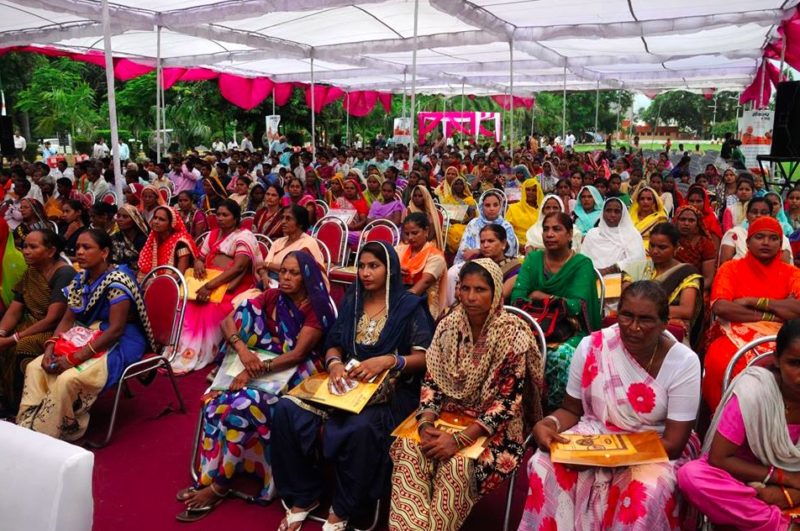
Women in Indian Agriculture
Women make up a huge section of the work force in Indian agriculture; they are largely engaged in menial work, most of which is unrecognized, making them invisible farm workers. With women being such a huge workforce and them often not being taking into account, we are risking leaving behind a big part of the agriculture labour force i.e. rural women.
Our studies over the past years have revealed formal female participation is very limited, often due to inherent gender bias coupled with lack of skills for skilled jobs. Women are poorly represented in skill trainings, meetings and events meant for capacity building programmes undertaken by Indian agricultural Research & Development organizations. Consequently, no wonder India’s agricultural productivity is lesser than the majority of world averages for many crops and livestock products.
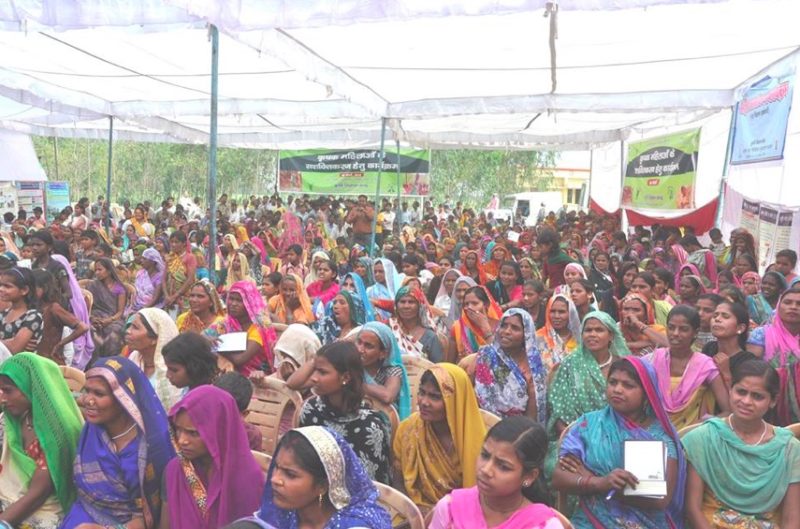
While working recently on the doctoral dissertation, “Participation of young women in agriculture: An analytical study of their involvement in agriculture, attitude and aspirations”, we found agriculture is the least preferred career option among young women in India. This might be due to the poor image of agriculture they develop from a very early age, looking at their mothers completing backbreaking work with no or little recognition.
In this way, the long standing gender inequality in the agricultural sector can be overcome by generating evidence of women’s contribution in agricultural production, through relevant research towards developing women inclusive policies and programmes.
We strongly believe skilling rural women can improve their work profile, leading to their visibility and productivity in Indian agriculture. Skilled women have the potential to contribute more meaningfully to the agricultural sector to bring about much needed rural transformation in India. Men are relatively better off due to several privileges they enjoy over women. For instance, men often hold the title on land, making them eligible for collateral/credit from the financial institutions to take up commercial activities in rural areas. While women are often ignored by financial institutions for the want of collaterals.
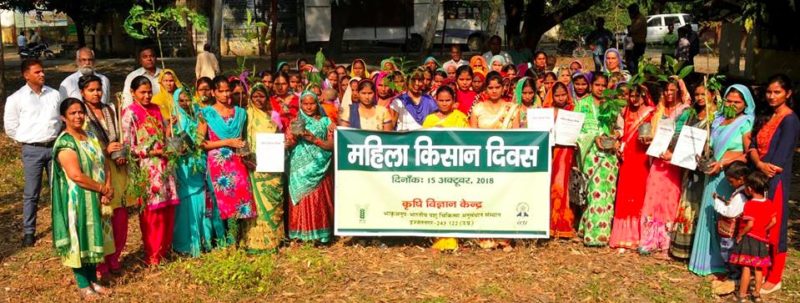
Limited association of farm women with formal institutions further limits their access to information and knowledge, which is needed to upgrade their status and self-esteem. Importantly, the All Women Dairy Cooperatives in India could improve female levels of skill and social prestige with economic empowerment.
We have been working on improving the visibility of rural women as contributors to socio-economic transformation in India. Recently, we organized a 4 days training on dairy farming for 50 farm women of Kutch, in Gujarat state in Western part of India. We also facilitated their interaction with local farm women so they could share their experiences on good agricultural practices.
In collaboration with various development organizations including the Non-Governmental agencies, we are regularly organizing skill training for farming women to increase their empowerment. These training sessions also include acquiring skills in the processing of fruits and vegetables. Some of these trainings are for women only, but we encourage a mix of male and female balanced participations in our training programmes.
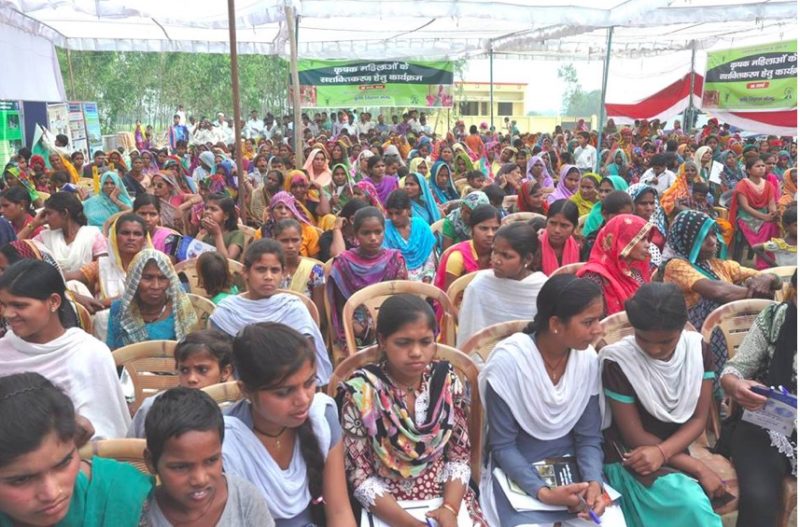
We want farm women to be entrepreneurs, so we train them on commercial scale in goat rearing, mushroom production, piggery, vermin-composting and much more. Once these women are skilled, we believe their visibility in farming will improve. Their increased visibility in the farming sector would improve their association with formal institutions meant for rural development , such as banks, input agencies and development departments. As we are to celebrate National Women Farmer’s Day in India on the 15th October, we too celebrate women farmers’ day every year.
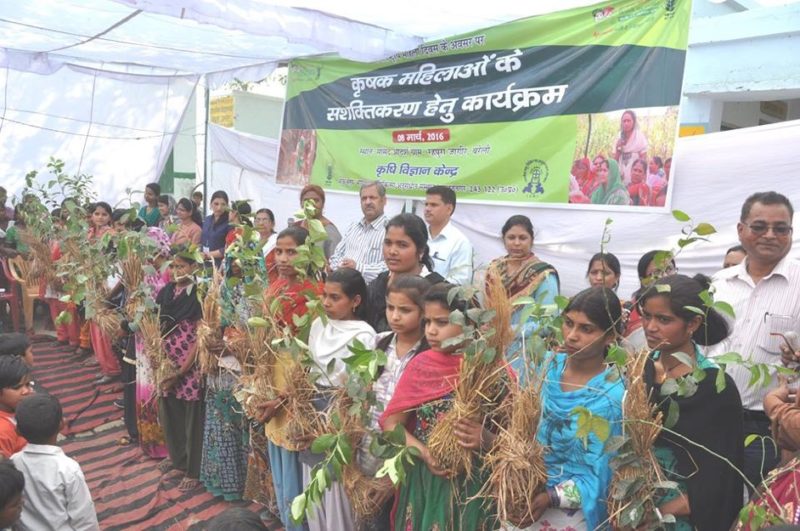
We wish to change the image of agriculture from being a profession plagued by hardships, uncertainties, risks, poor returns, and branded as the least attractive occupation, to one renowned by its vibrance and prospects of good returns. In addition, we can make it attractive to young boys and girls too by skilling and empowering their mothers.
So, we organized mentoring programmes for rural boys and girls too; wherein, we contacted their parents to give freedom to their sons and daughters to try new things in agriculture. Alongside hardcore laboratory research on vaccines, feeds, fodder, value added livestock products etc, we are continuing to build capacities of farming women to transform them into a strong and skilled work force, which is visible and counted to one and all.
I am confident the efforts we are making to empower farming women will bear fruits – nutritious and tastier fruits are coming sooner!


